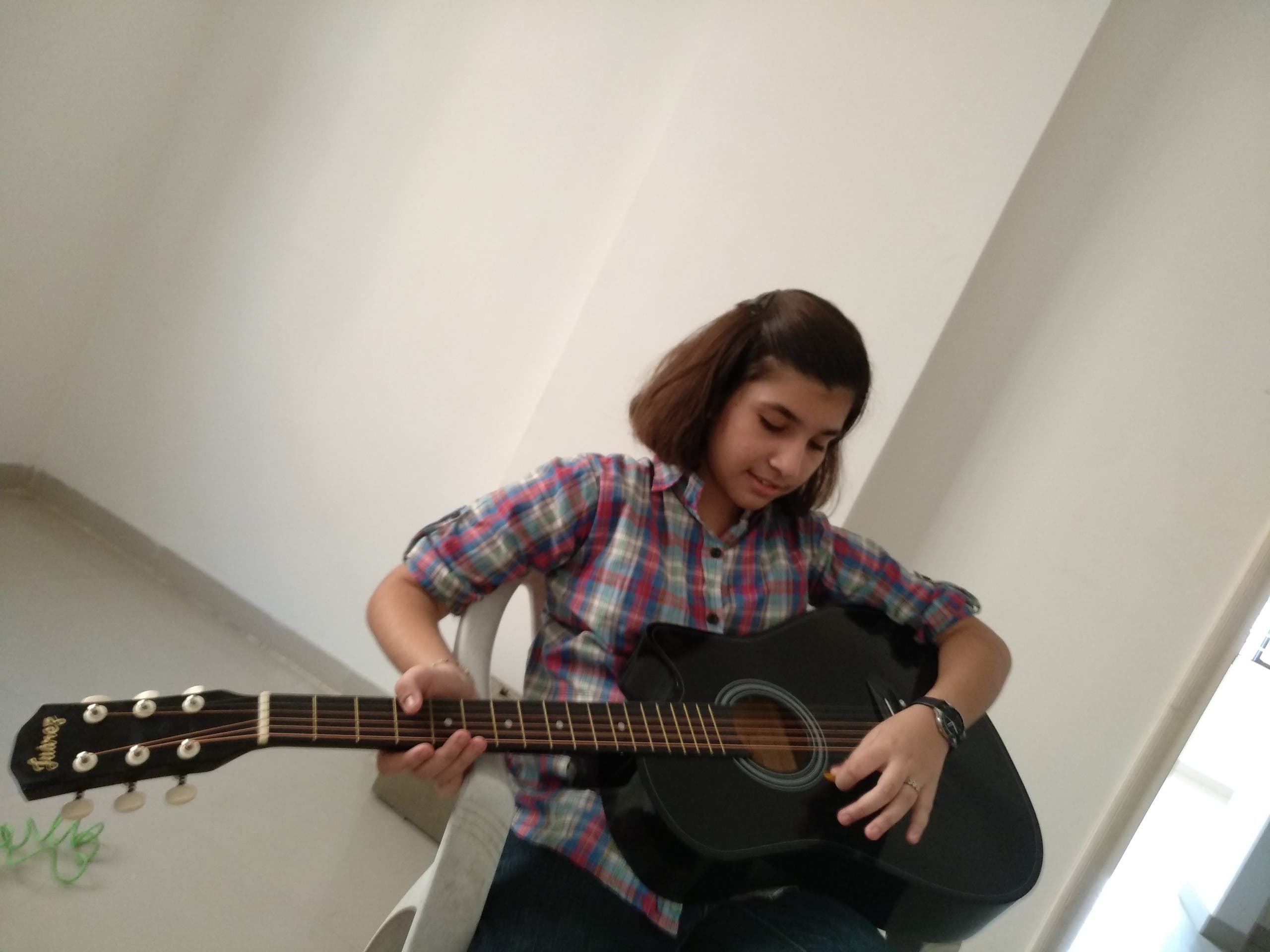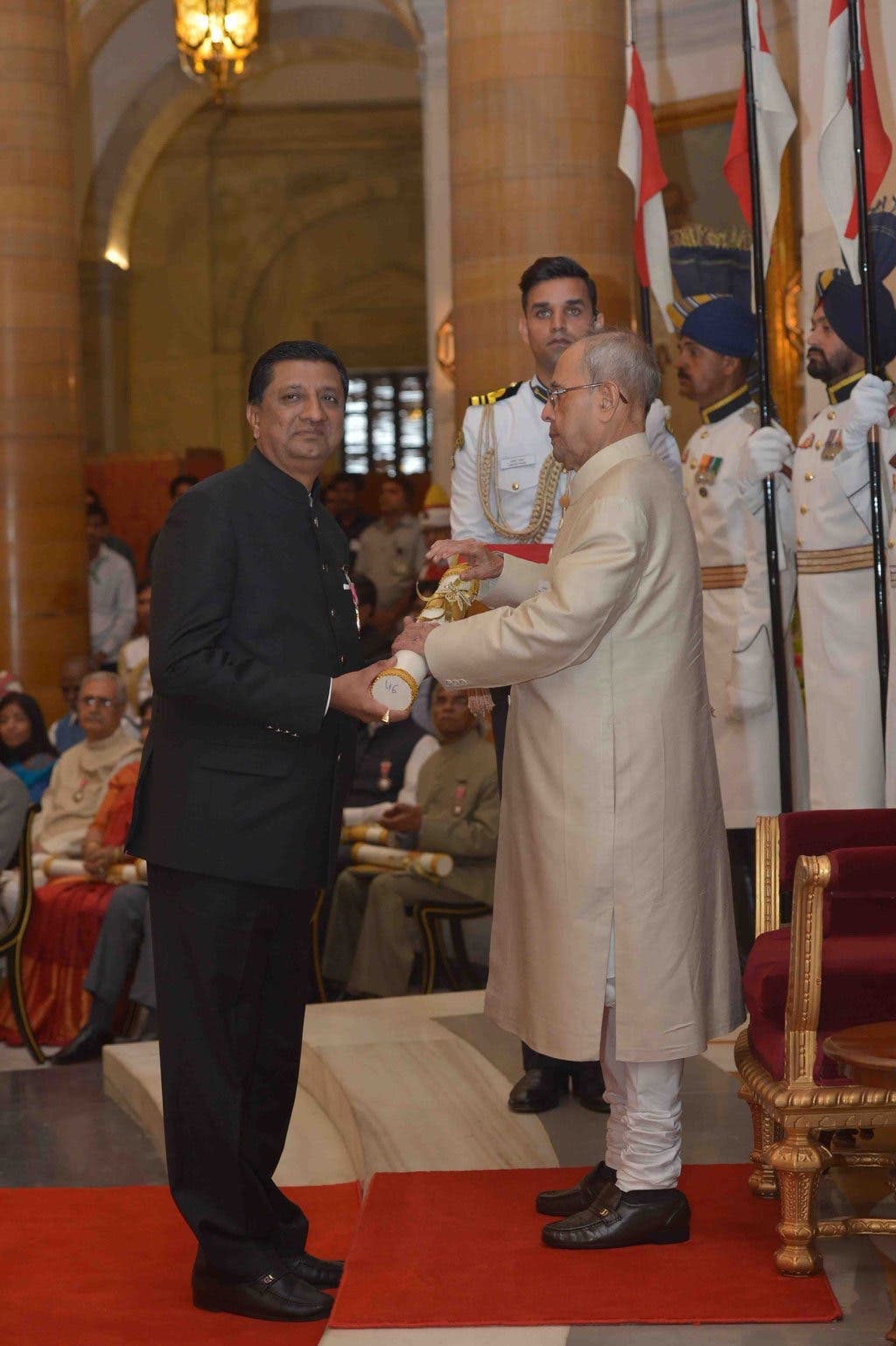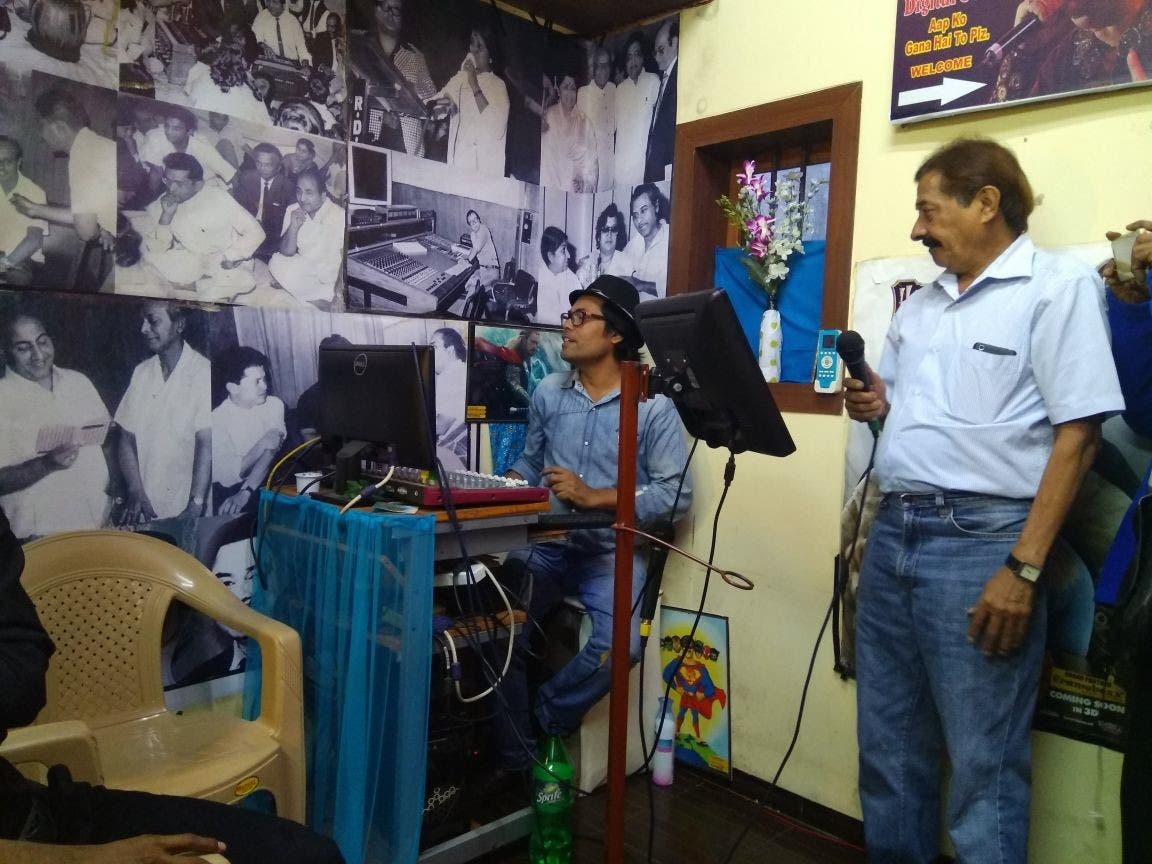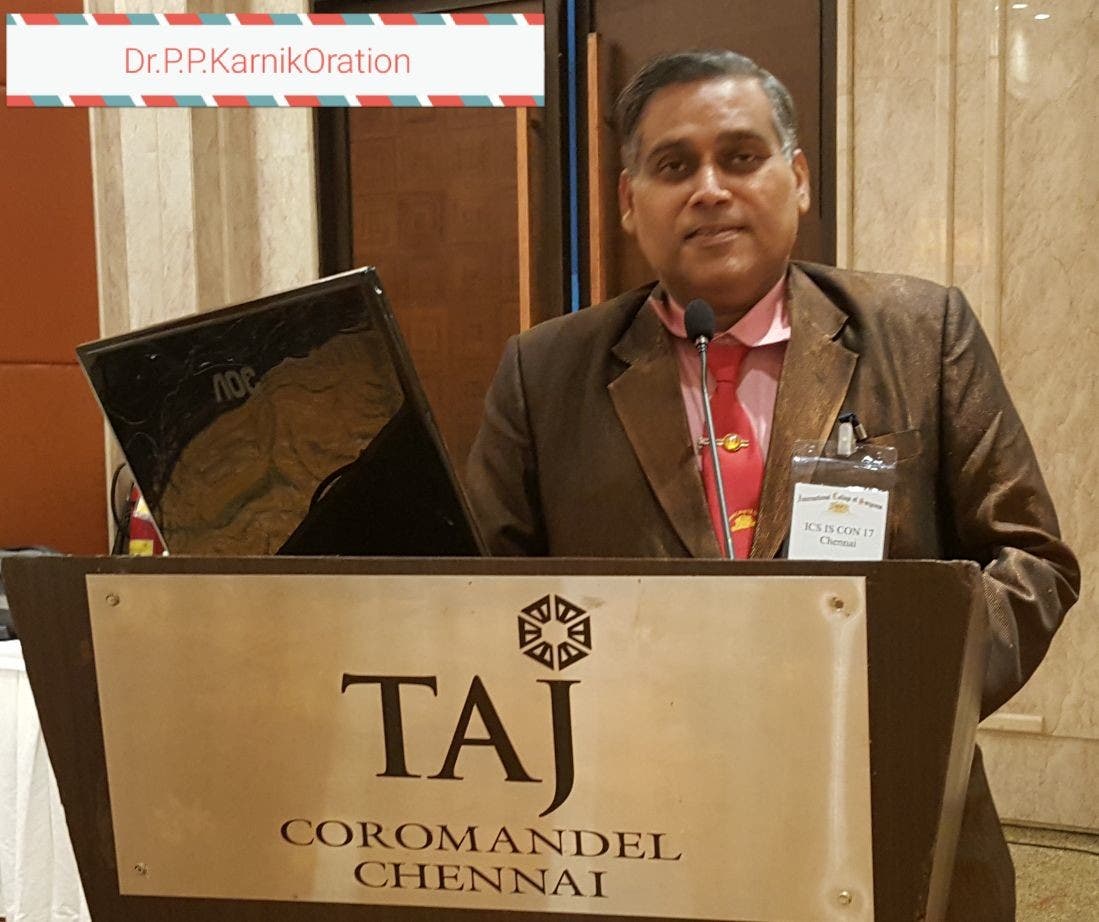Music therapy to help treat cancer? Doctors in India try adding a melodic dose
Doctors in India are these days adding a dose of music therapy to their treatment regimen for physical and mental ailments and seem to have hit the right note with their patients.
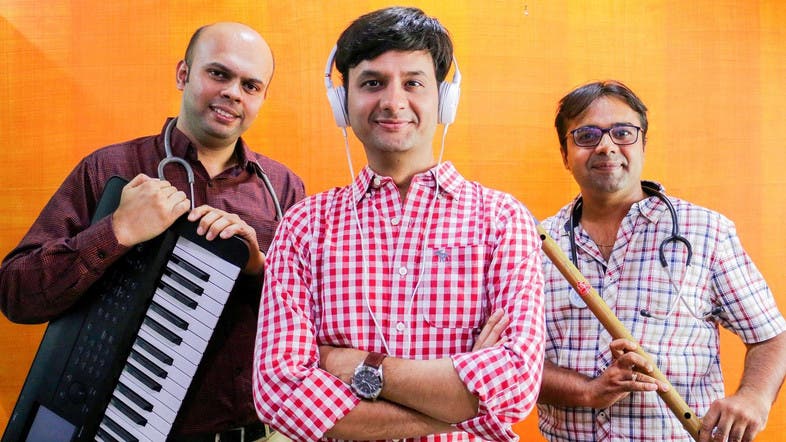
Dr Parth Mankad (extreme right), Dr Kedar Upadhyay (extreme left) and Dhvanit Thaker have set up Euphonious Healing Music Therapy Clinic and Research Centre in Ahmedabad. (Supplied)
Not only physicians and psychiatrists, but even psychologists, researchers, educators and volunteers associated with prisons, special schools, community mental health agencies and drug and alcohol rehabilitation centers are discovering the therapeutic benefits of the seven basic notes of music.
Music therapy is now a potential remedial tool involving the skillful use of music and musical elements to promote, maintain and restore physical, emotional and spiritual health. Music therapists use music—a universal form of communication–as a medicine to address physical, emotional, cognitive, and social needs of individuals with practitioners claiming that the fluid architecture of sound could cure countless diseases by boosting immunity, promoting wellness, managing stress, alleviating pain, enhancing memory and improving communication.
After all, as Dr Bhaskar Khandekar, a rare doctorate in music therapy based in Jabalpur in the central Indian state of Madhya Pradesh, says, music, the speech of angels, increases the metabolic activities within the human body, accelerating respiration, influencing internal secretion and improving muscular activities, thus affecting the central nervous system and the circulatory system of the listener and the performer.
Neurological impulse
“Each and every sound transmitted through the ear canal to the brain gets transformed into a neurological impulse which can create changes in emotions and hormones,” says Dr Parth Mankad, who, along with his two associates, has set up Euphonious Healing Music Therapy Clinic and Research Centre in Ahmedabad in Prime Minister Narendra Modi’s home state of Gujarat.
He and co-founders Dr Kedar Upadhyay, a top-drawer Ayurveda expert, and Dhvanit Thaker, a popular radio jockey and singer, have been up to their ears for years studying the cognitive impact of swara (notes), sruti (pitch) and laya (rhythm), in their different forms and variations, and have so far developed 20 tracks for specific physical and mental disorders.
Dr Mankad, also a well-known homeopath, carefully listens to the patient’s tale of woe during a personal counselling session in a room filled with an array of musical instruments and the interaction involves not only playing an instrument but also singing, dancing, listening to music and even song-writing. He responds musically to movements, vocalizations, dynamics and rhythm, all of which help the patient to raise self-awareness and connect with the therapist.
Cancer treatment
According to Dr Upadhyay, himself an expert keyboard player, the response of body parts to different forms of music can be divided into three types–the upper body reacts to string instruments, and the middle part responds efficiently to wind instruments, while the lower portion gets influenced by beats.
Thaker, who is also a motivator and creative visualiser, asserted that music therapy was absolutely scientific and had yielded fruits in cancer treatment at Ahmedabad’s Sterling Cancer Hospital, the first in India where such therapy is available, adding that 31 of the 50 cancer care hospitals in the United States had music therapists as staffers.
Modern brain imaging studies have also shown that music activates regions of the brain that are involved in regulating emotions. The coordination of rhythm (tala and laya) along with the melodies (raga) is a combined complex activity which engages both hemispheres of the brain where emotions and memories are processed what with music playing an important role in a child’s learning process.
Karaoke studio
But not everyone is making a song and dance about music therapy. Says famed neurologist Dr Sudhir Shah, who has been honored with India’s fourth highest civilian award of Padma Shri: “Music therapy helps in certain conditions related to memory, speech, behavior, rheumatism, high blood pressure, etc in varying proportions. I don’t think it can cure them but can help.”
However, Dr Rajesh Shah, superintendent of L G Hospital, Ahmedabad told Al Arabiya English that more and more doctors were now referring their patients to music therapists, adding that most of these physicians understood music well and were themselves singers and musicians.
Last month, the police in Maoist-hit Chhatisgarh used music to check the rising number—24 in a year–of suicides among the lonely uniformed men, and came up trumps. A number of Mumbai’s music aficionados down with depression frequent Faizibhai’s karaoke studio to sing old numbers to their heart’s content and return home in a jubilant mood.
Well, with music therapy promoting self-expression through improvised music-making to facilitate positive changes in behavior and emotional well-being, even former Australian fast bowler Bret Lee has since 2011 been promoting this little-explored therapeutic technique among young cancer patients in Mumbai.
Diploma courses
Not long ago, it came as music to the ears of India’s oppressed lesbian-gay-bisexual-transgender-queer’ community when Prince Manvendra Singh Gohil, the only openly gay prince in the world, announced plans to create a music therapy room on his 15-acre palace grounds in Gujarat as part of a massive center being set up to shelter the ostracized lot.
As interest grows in music therapy, online, correspondence, certificate and diploma courses are being offered by Indian Association of Music Therapy, Delhi; Indian Institute of Medical Music Therapy, a unit of Apollo hospital, Chennai; Music Therapy Academy, New Delhi and Chennai School of Music Therapy, Chennai.
But though Dr Mankad’s center is busy standardizing the practices of music therapy to make it a scientific and evidence-based therapeutic remedial solution, few will deny that constant research is the need of the hour.
Source:english.alarabiya.net
